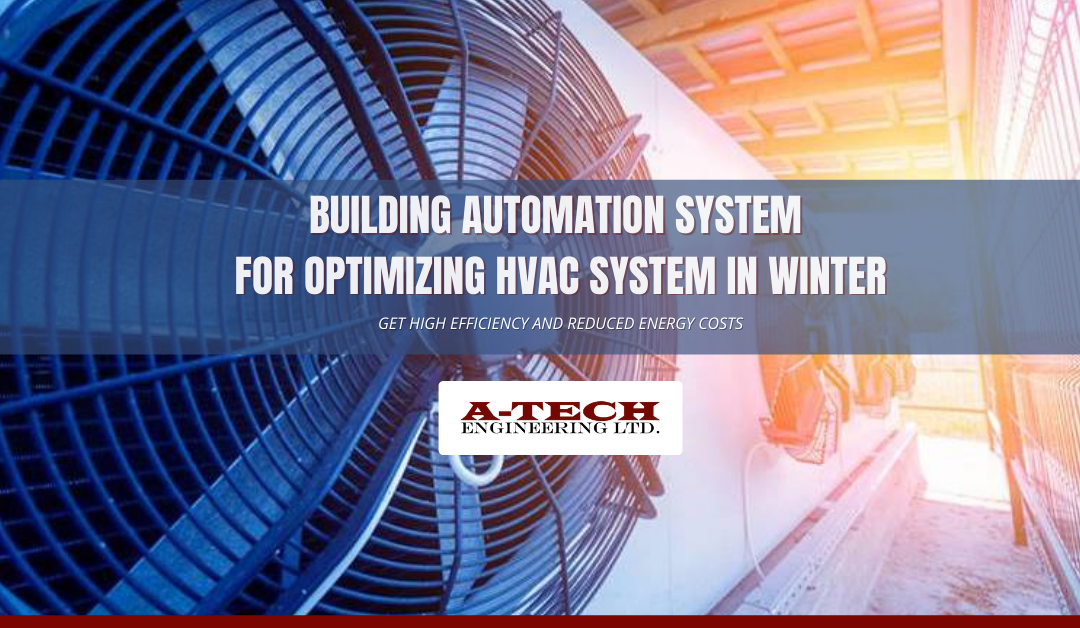
Maximizing Efficiency: HVAC System Optimization
In today’s rapidly advancing world, where energy conservation is paramount, optimizing HVAC systems has become a crucial consideration for businesses and homeowners alike. Efficient Heating, Ventilation, and Air Conditioning (HVAC) systems not only contribute to environmental sustainability but also lead to significant cost savings. Let’s delve into the key aspects of HVAC system optimization.
Understanding the Importance of HVAC System Optimization
Efficient HVAC systems play a pivotal role in maintaining comfortable indoor environments while minimizing energy consumption. As businesses and households seek to reduce their carbon footprint, optimizing these systems becomes a top priority. This involves a comprehensive approach, addressing factors such as equipment efficiency, ventilation, insulation, and control systems.
Enhancing Equipment Efficiency for Maximum Performance
One of the primary components of HVAC system optimization is ensuring that the equipment operates at peak efficiency. Regular maintenance, timely upgrades, and the use of advanced technologies contribute to achieving optimal performance. Investing in high-efficiency HVAC equipment may have an initial cost, but the long-term benefits in terms of energy savings and reduced environmental impact make it a wise choice.
Balancing Ventilation for Improved Indoor Air Quality
Proper ventilation is essential for maintaining indoor air quality and ensuring the well-being of occupants. An optimized HVAC system incorporates adequate ventilation to dilute pollutants, control humidity, and provide a constant supply of fresh air. By striking the right balance, businesses and homeowners can create a healthier and more comfortable living or working environment.
Addressing Insulation to Prevent Energy Loss
Inefficient insulation can lead to significant energy loss, as conditioned air escapes easily. HVAC system optimization involves assessing and improving insulation to minimize energy waste. This not only enhances the system’s overall efficiency but also reduces the workload on HVAC equipment, extending its lifespan and lowering maintenance costs.
Implementing Smart Control Systems for Precision
Advancements in technology have given rise to smart HVAC control systems that allow for precise management of heating and cooling functions. These systems enable users to schedule temperature adjustments, monitor energy consumption, and even receive alerts for maintenance needs. Integrating smart control systems into HVAC optimization strategies empowers users with greater control and visibility over their energy usage.
HVAC System Optimization: A Holistic Approach
Achieving the highest level of efficiency in HVAC systems requires a holistic approach that considers all the interconnected components. From equipment upgrades to strategic ventilation and insulation improvements, every aspect plays a crucial role. Businesses and homeowners must recognize the synergy between these elements to unlock the full potential of their HVAC systems.
HVAC System Optimization for a Sustainable Future
As the world continues to grapple with environmental challenges, the importance of HVAC system optimization cannot be overstated. By embracing energy-efficient practices and investing in advanced technologies, we pave the way for a sustainable future. Optimal HVAC systems not only reduce our ecological footprint but also contribute to the global effort to combat climate change.
In conclusion, the journey toward maximizing efficiency in HVAC systems involves a combination of informed decision-making, regular maintenance, and embracing innovative technologies. By prioritizing HVAC system optimization, we not only create comfortable and healthy indoor environments but also play an active role in building a more sustainable future.
For more information on HVAC system optimization, visit HVAC System Optimization.



